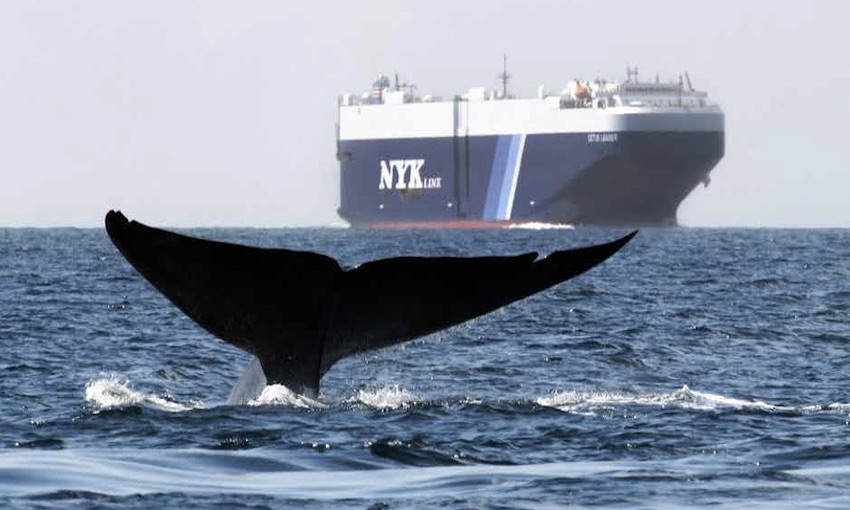CONSERVATION group Friend of the Sea is leading a campaign that invites shipping companies to intensify their involvement in the efforts to date on protecting the world’s whales from the threat of ship collisions.
According to the group, the increasing size and speed of commercial ships, driven by economic interests, has resulted in a rising number of ship collisions with marine species, especially cetaceans (e.g. dolphins and whales).
“It is a recognised problem, with records indicating that the phenomenon occurs worldwide,” the group said.
Any size or type of vessel has the potential to collide with a marine mammal, not only commercial ships. The types of vessels documented in vessel strikes include large boats, such as cargo ships, whale-watching boats, ferries, and military vessels, and all manner of private watercraft used for commercial and recreational purposes.
Whales can be difficult for a vessel operator to see because they are not always clearly visible from the surface. And even if the operator sees the animal clearly, there may be no time for either of them to avoid a collision.
“One way to address this issue is to separate ships and whales. In some places it’s possible to actually move shipping lanes away from areas of known whale concentrations, which can help reduce the risk of these strikes happening,” the group said.
“The next best option is slowing down. Studies have shown that when ships slow down it reduces the probability of a strike happening by potentially giving the whale a bit more time to respond.
“And we’ve also found that slower speeds can reduce the lethality of the strikes.”
There are recognised high-risk areas where shipping lines cross whale feeding and breeding areas, where the likelihood of collisions is higher.
“Whale populations in the low hundreds of individuals are at risk of continuing declines even if only a small number of ship strikes occur per year,” Friend of Sea said.
“Therefore, it is important to identify populations that are small, in decline, or for which human activities result in whale deaths or injuries.”
Friend of the Sea is calling on the international shipping industry for immediate action to prevent ship strikes.
Shipping companies are invited to engage unilaterally, by signing a Friend of the Sea – Save the Whales policy, to have in place an onboard full-time marine mammal observation program. This system must constantly cover the area in front of the vessel (120° minimum), including at night.
The policy also includes the use of an online platform onboard to be informed on spotted marine mammals near the ship lanes and planned path. Vessels can share whale observations in real-time with the platform to make this information available to all ships in the area and for statistical purposes.
Participants would also allow Friend of the Sea to access real-time data on company vessels and nearby marine mammals on online platform.
And of course ships should have a procedure in place to react and avoid nearby marine mammals.
Friend of the Sea will promote Whales Safe approved shipping companies and cruise lines to consumers and companies worldwide, recommending use of their services.
Promotion will be carried out by means of international media releases, direct communication with companies, events, trade shows and social media.
The International Whaling Commission, in conjunction with the International Maritime Organization, has also produced an information leaflet with further advice to reduce the risk of collision between ships and whales. These guidelines contemplate topics related to passage planning, sightings, reporting of incidents, preventive measures and scientific research.
More information can be found at:
https://friendofthesea.org/marine-conservationprojects-and-awareness/save-the-whales-2/

